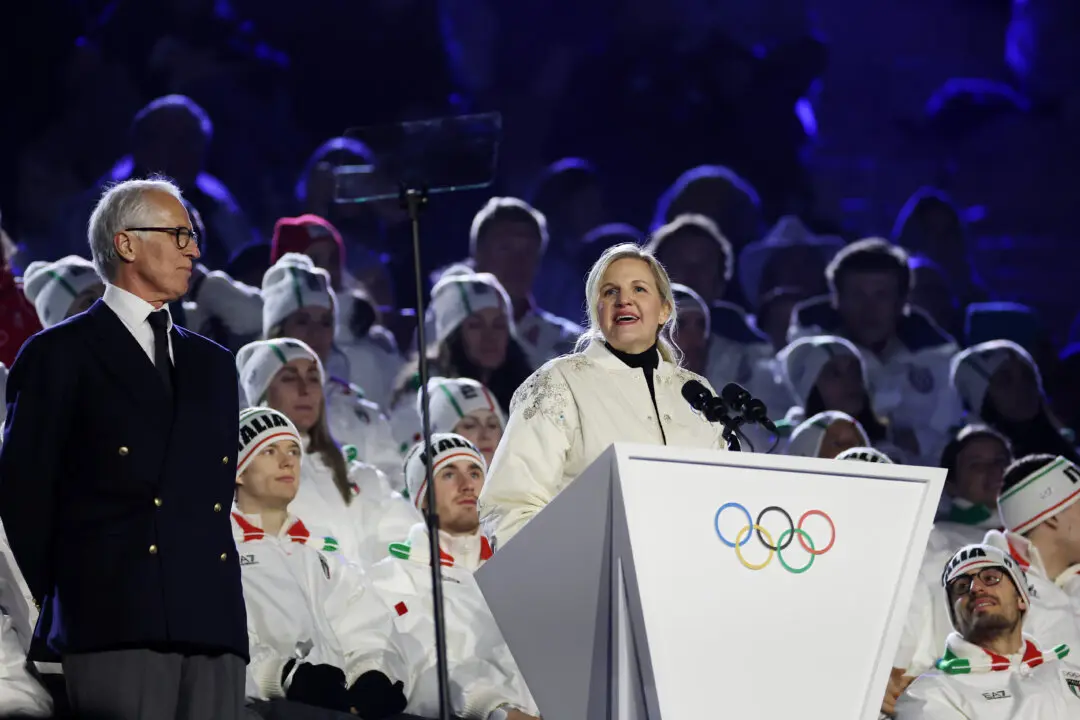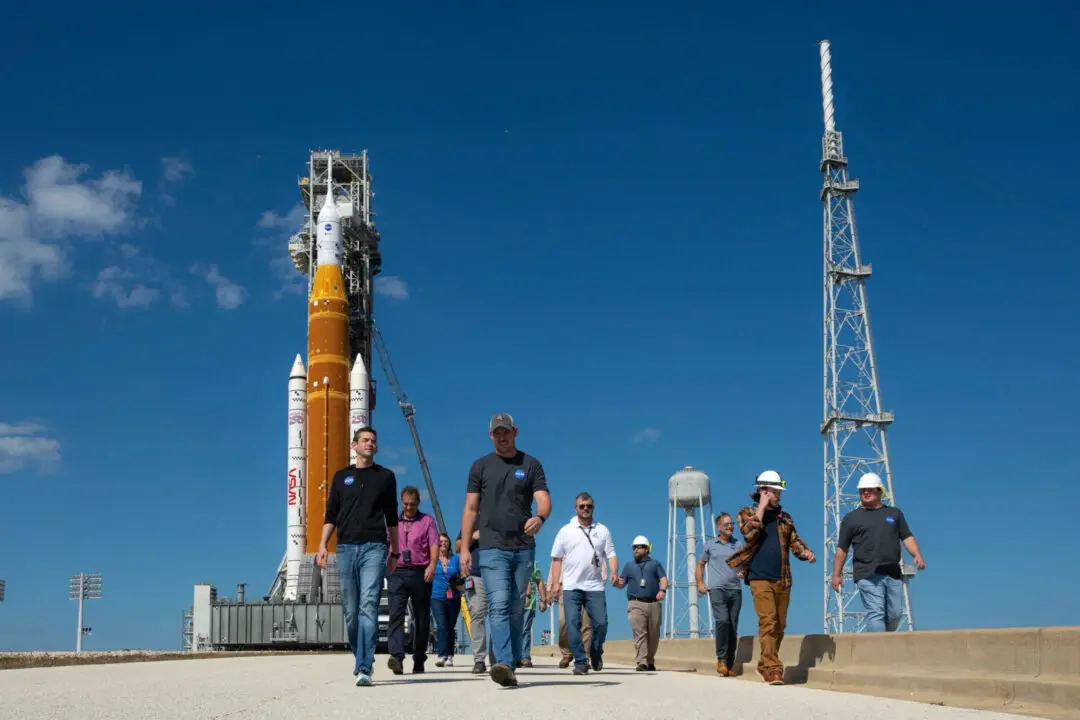DUBAI, United Arab Emirates—Saudi Arabia and its allies are warning that U.S. legislation allowing the kingdom to be sued for the 9/11 attacks will have negative repercussions.
The kingdom maintains an arsenal of tools to retaliate with, including curtailing official contacts, pulling billions of dollars from the U.S. economy, and persuading its close allies in the Gulf Cooperation Council to scale back counterterrorism cooperation, investments and U.S. access to important regional air bases.
“This should be clear to America and to the rest of the world: When one GCC state is targeted unfairly, the others stand around it,” said Abdulkhaleq Abdullah, an Emirati Gulf specialist and professor of political science at United Arab Emirates University.
“All the states will stand by Saudi Arabia in every way possible,” he said.
When Saudi Arabia wanted to pressure Qatar to limit its support for the Muslim Brotherhood group in Egypt, it spearheaded an unprecedented withdrawal of Gulf Arab ambassadors from Doha in 2014 and essentially isolated the tiny gas-rich nation within the GCC.
When Sweden’s Foreign Minister Margot Wallstrom strongly criticized Saudi Arabia’s human rights record last year, the kingdom unleashed a fierce diplomatic salvo that jolted Stockholm’s standing in the Arab world and threatened Swedish business interests in the Gulf. Sweden eventually backpedaled.
On Wednesday, the bill inched closer to becoming law after the Senate voted to override President Barack Obama’s veto of the Sept. 11 legislation. A House vote was expected later in the day.






